The Panarmenian Network State is starting the year 2024 with a new project – a series of webinars about the network states and new countries. On January 29th, the Panarmenian Network State hosted the first introductory webinar titled “Network States & New Countries: Introduction”. The webinar garnered a diverse audience, including numerous Network Staters, experts in related fields, diplomatic representatives, and individuals passionate about the subject matter.
Panarmenian Network State founder and board chairman Vahram Ayvazyan opened the webinar with a welcome message. He then spoke about the politics of the network states and the challenges the network states are facing within the current world establishment. Vahram Ayvazyan delved into the ideology underpinning Network States, emphasizing the pivotal role of land in their establishment and governance. He underscored the imperative of global identification as a united Network States community, urging the consolidation of resources to foster a robust and cohesive global presence.
Then Vagner Perez from the Tools for the Commons presented the financial markets and step-by-step guide for financial injections into the network states. Vagner then described an incubation and investment program and highlighted the potential to integrate communities within new sovereign societies. Afterward, Andrey Voronkov from Tilata discussed the network state concept and its ideological backgrounds and presented a guide to human and financial resources. He drew attention to the interconnected concepts of Network States, Decentralized States, and Web3 States, emphasizing their transformation into legitimate countries through land acquisition and security assurance.
Due to personal emergency, the other two speakers – Andrew J. Starr from the Country Founders and Daniel Goebel from the Coco Network State could not attend the webinar. Network state researcher Nataliya Makulova shared her experience within the network state world before the questions and answers session.
The event served as a convergence point for thought leaders and enthusiasts alike, fostering rich discussions on the evolving landscape of network states.

